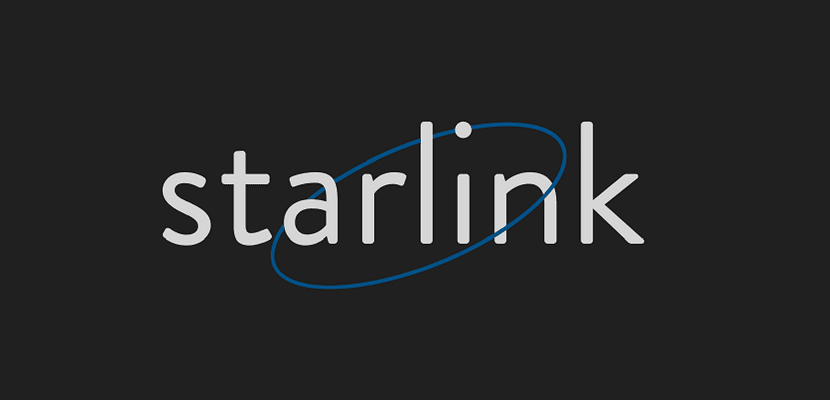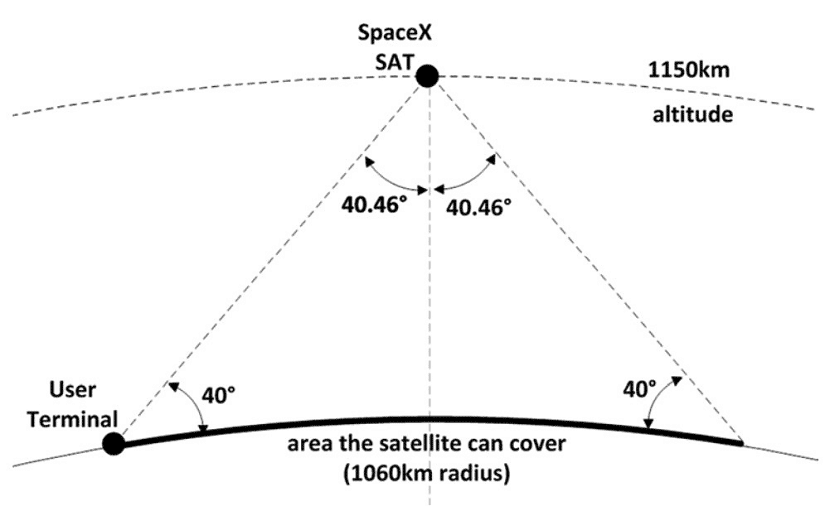
It's been almost two years since Elon Musk presented a major project called Starlink. It is a project that belongs to SpaceX. Through this project, the company wants to put into orbit 4.425 satellites that will provide broadband Internet to the whole world. It is an ambitious project, which has finally been approved by the Federal Communications Commission of the United States (FCC).
After years of planning and thanks to huge investments like Google's, it seems that Starlink is gradually becoming reality. Since the project has been finally authorized. This means that Elon Musk is going to have to get down to business. Because the FCC has set a deadline.
The FCC has reviewed the Tesla and SpaceX founder's project. Finally, they have granted a license by which it can put 4.425 satellites into orbit. Thanks to them, Internet will be provided at gigabit speed, with a maximum latency of 25 ms. Although the original plans were for Starlink to consist of a total of 12.000 satellites.

But in the end permission could only be obtained for 4.425. All of them will be networked and will have the same frequency. In addition, they have set a deadline. Since the FCC has told you that at least 50% must be in orbit and operating normally before March 29, 2024.
In case the date passed and this has not been fulfilled, your license will be withdrawn. So Elon Musk has six years for Starlink to be fully operational. A challenge for which surely they are already working from SpaceX. At least they should.
The FCC has also asked Elon Musk for a detailed space debris plan.. Since you have to know what is going to happen to each of these satellites when they reach the end of their useful life. The report is expected to be delivered soon.